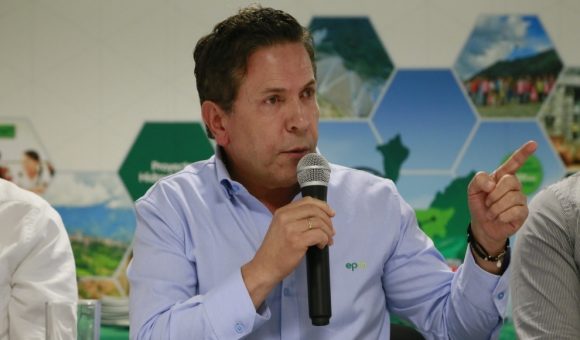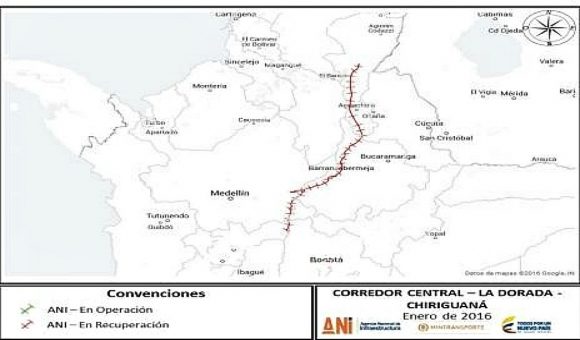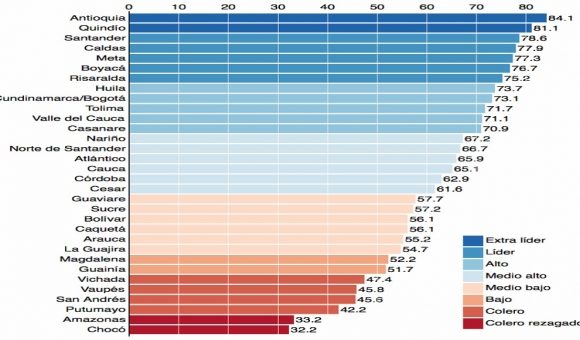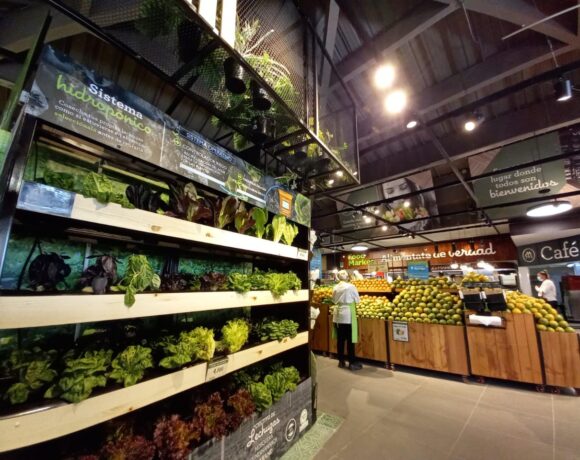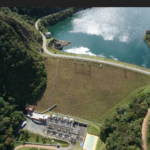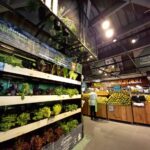Medellin Mayor Unveils US$1.2 Billion, Four-Year ‘Eco-City’ Budget
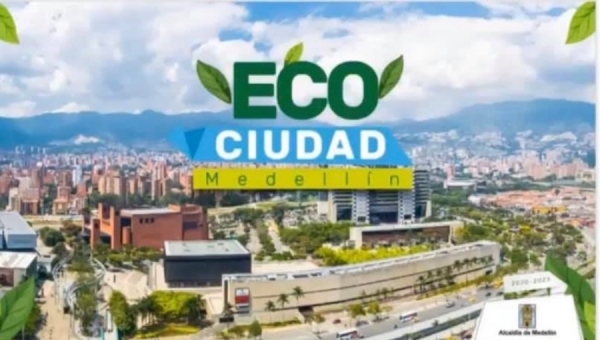
The Medellin Mayor’s Office on May 27 unveiled a COP$4.48 trillion (US$1.2 billion) “EcoCiudad” (Eco-City) “Medellín Futuro” four-year budget that includes environmental protection, education, recycling and expansion of zero-emissions transport.
“The capital of Antioquia is committed to increasing protected areas, strategic ecosystems, restoring forest cover and guaranteeing the protection of the watersheds and micro-watersheds that supply it through the payment for environmental services projects,” according to the Mayor’s Office.
The plan will “restore and protect around 3,000 hectares of aqueduct-supplying basins, in addition to strengthening the development of green and sustainable infrastructure that improves the urban quality and ecological conditions of the city.
“For this, the La Aguada Wildlife Refuge will be implemented and the connectivity of forested areas will be increased with 4,000 square meters of green corridors, allowing the movement of animals such as foxes and opossums,” according to the Mayor’s Office.
“The La Perla Animal Welfare Center and the rescue program for major species will be strengthened with comprehensive care for highly vulnerable street pets with rescue services, comprehensive medical care (deworming, vaccination, diagnostic aids, hospitalization, surgery and special care), food, accommodation, microchip implantation and admission to the adoption program.
“The care and population control of pigeons, as well as the management, protection and proper management of bees are also part of the project,” according to the bulletin.
As for the 56 primary streams and 4,161 secondary waterways around the city, “6,000 linear meters of streams will be intervened to reduce flood events in the city,” according to the Mayor’s Office.
As for greenhouse gas (GHG) reduction initiatives, “Medellín has developed a greenhouse gas inventory in its alliance with the C40 climate leadership network that serves as a baseline to become carbon neutral by 2050. Actions have been prioritized to reduce emissions by 5% in 2023, 20% by 2030 and 100% by 2050,” according to the bulletin.
As for solid waste minimization, “a pilot plant will be implemented for the reuse of solid waste” along with new training and protection for existing recycling workers.
On yet another front, the project includes aid for plant nurseries, environmental advisory committees, training for the design and implementation of urban eco-gardens and “environmental awareness in the proper separation of solid waste,” according to the bulletin.

